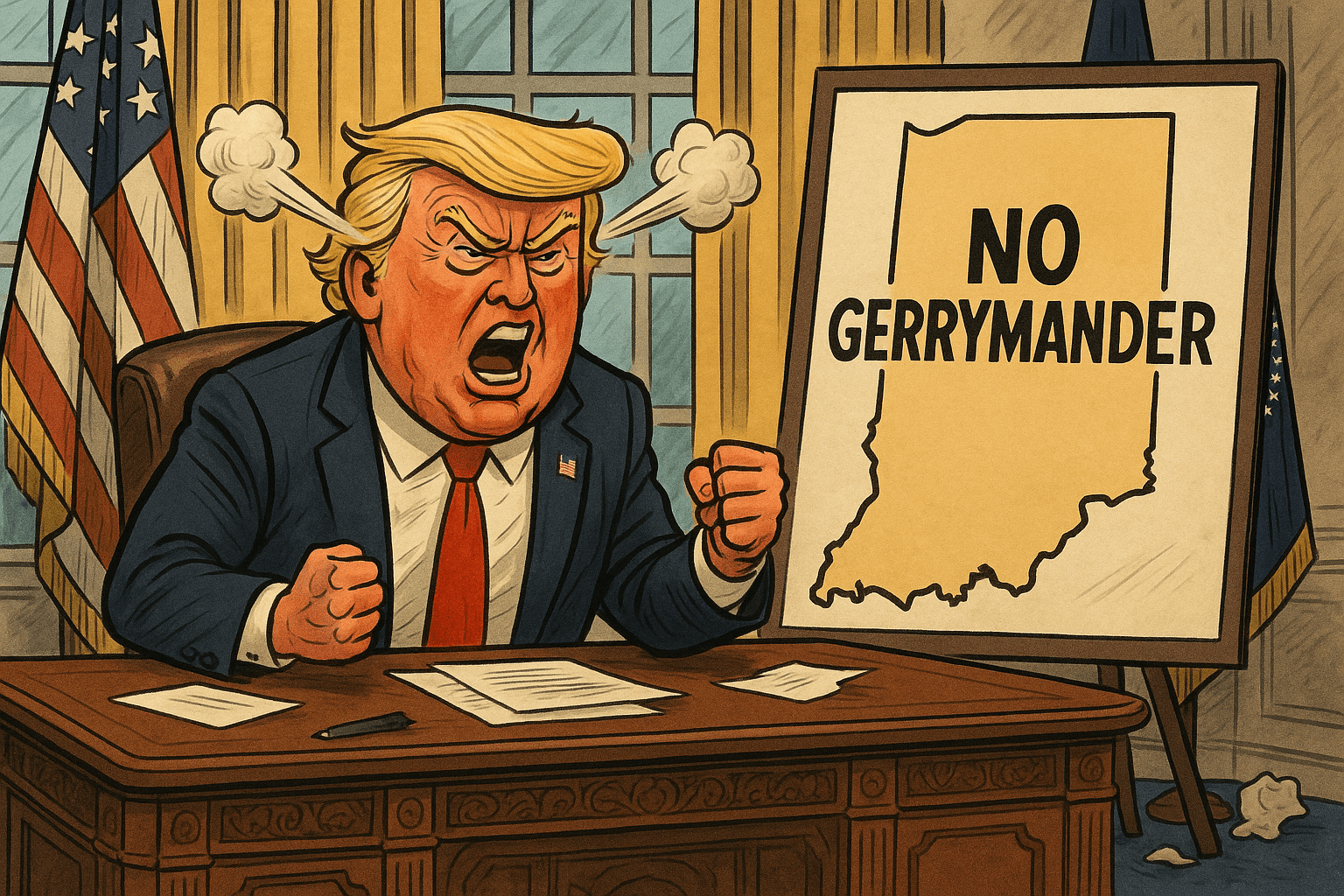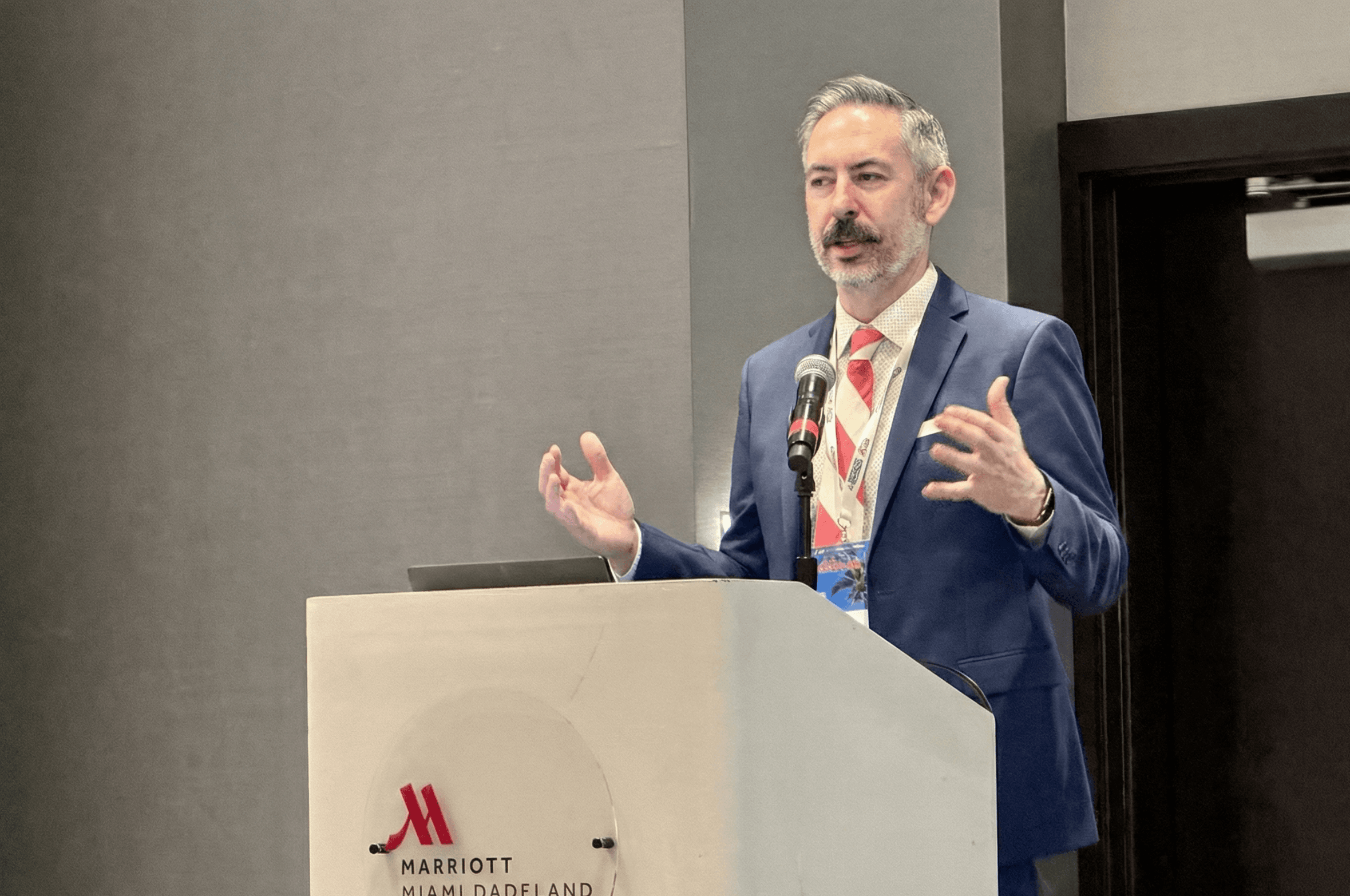AZ Judge: Lawmakers 'Strategically' Tried to Mislead Voters on Initiative to End Partisan Primaries

Photo by Colin Lloyd on Unsplash.
Maricopa County Superior Court Judge Melissa Iyer Julian on Monday sided with reformers who claimed that Arizona lawmakers were intentionally trying to mislead voters about their initiative to end partisan primaries.
Make Elections Fair AZ filed over 580,000 signatures to get an initiative -- now known as Proposition 140 -- on the ballot that would require the state to use nonpartisan primaries in which all voters and candidates participate on a single primary ballot.
And, every candidate running would have the same signature requirement, regardless of party affiliation or lack thereof, to obtain ballot access.
The initiative does not explicitly state what nonpartisan system Arizona would use. It, however, offers guidance for state lawmakers to decide for themselves as long as the system is fair to voters and candidates.
And, if lawmakers refuse to adopt a new system, the task will fall to Arizona's secretary of state -- the state's top elections administrator.
There are two main requirements in the initiative: The first, and most important, is an end to partisan primaries for all elections except presidential preference elections.
However, the initiative stipulates that if parties keep presidential preference elections closed to independent voters, they will have to pay for the elections themselves.
The second requirement is that the nonpartisan system ensure a majority winner. For elections that produce a single winner, this could mean using a ranked voting method if 3 or more candidates advance from the primary.
This is an "if," not a requirement.
Make Elections Fair AZ filed a lawsuit in response to description language for Prop. 140 adopted by the Arizona Legislative Council that focuses on ranked choice voting -- making it look like an RCV initiative.
Again, it is not about ranked choice voting. It's about primary reform. Make Elections Fair asserted that state lawmakers intentionally used language that would make the initiative less popular with voters.
“[T]he analysis misleadingly suggests that, if the Initiative is enacted, the candidate who receives the most votes would no longer be declared the victor in ‘all’ Arizona elections," the judge wrote.
She further ruled:
"The Court finds that that this is a ‘rhetorical strategy’ devised to dissuade voters from supporting the Initiative by confusing when and how voter ranking would be used under the Initiative and implying that it would result in the unfair election of candidates who did not receive the highest number of the votes.”
She added that the strategy used by lawmakers "is ‘tinged with partisan coloring’ and violates the requirement of neutrality.” State lawmakers have until August 29 to rewrite Prop. 140's description.
The decision follows closely after another legal victory for Make Elections Fair. A judge ruled last week that contrary to assertions made in a lawsuit by the Arizona Free Enterprise Club, Prop. 140 does not violate the state's single-subject rule.
The Arizona Free Enterprise Club has also sued over petition signatures, claiming that Make Elections Fair illegally obtained half the signatures it submitted to certify its initiative.
 Shawn Griffiths
Shawn Griffiths






